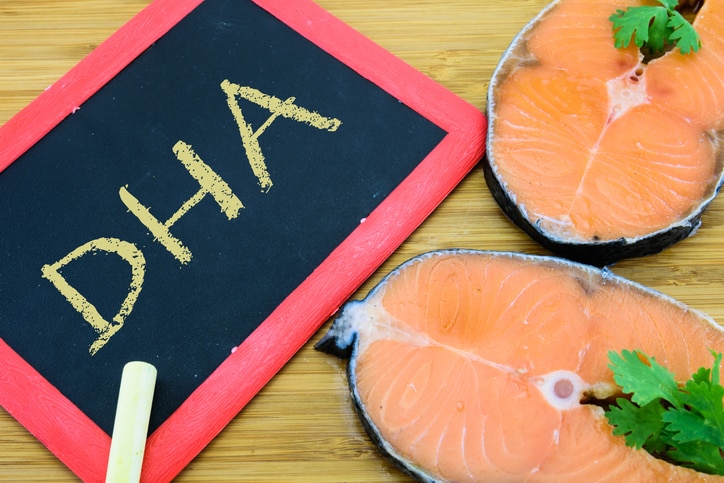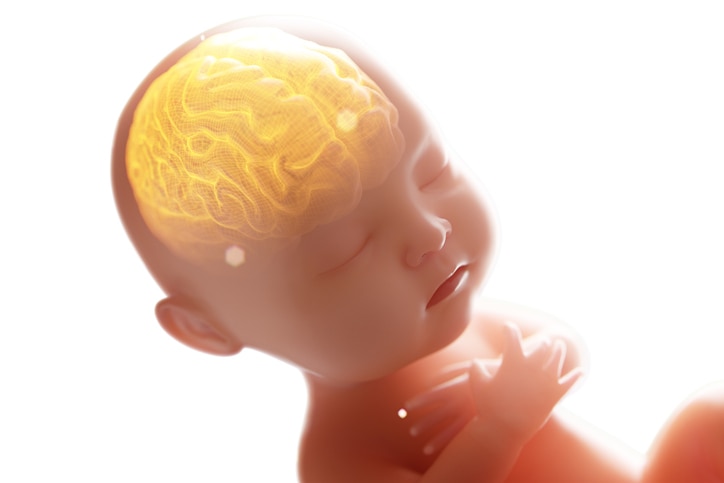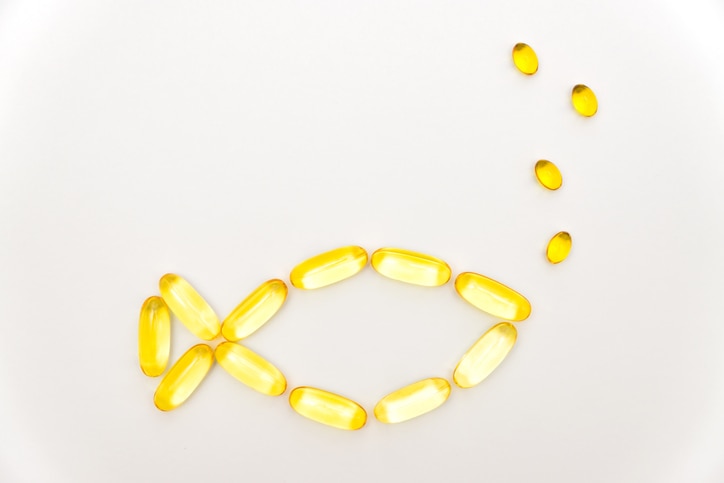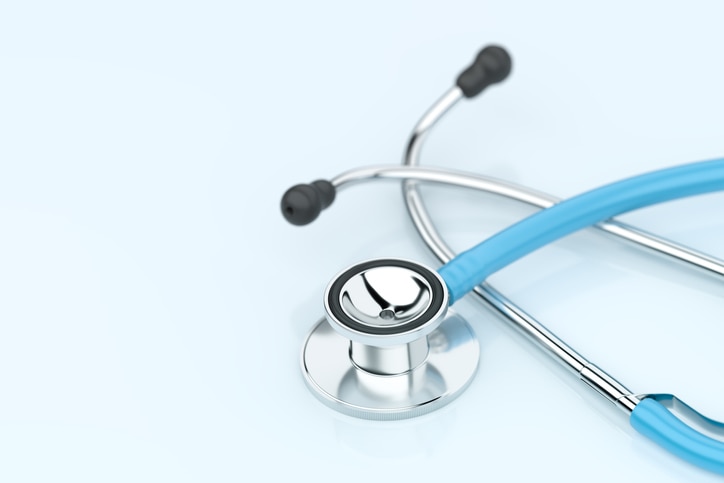Docosahexaenoic acid (DHA) is an omega-3 fatty acid, which is an essential nutrition for kids to promote their early development. Keep reading to know more about DHA and its benefits, recommended dosage and side effects.
What is DHA?

DHA stands for “Docosahexaenoic Acid”, which is an omega-3 fatty acid, can help improve brain and eye health for kids. DHA can be found naturally in oily fishes like Salmon and Sardine or some seaweed. DHA is also available in supplement form.
DHA benefits for kids

Babies and kids require adequate nutrition, such as polyunsaturated fatty acids EPA (Eicosapentaenoic Acid) and DHA (Docosahexaenoic Acid) to support their early development. DHA is brain nutrition. It accumulates in the brain and retina of the eye and plays an important role in neural and vision development. It also helps to support cognitive development by promoting performance on measures of language and cognition, strengthen the immune system to prevent allergens, and control the attention.
Dosage recommendations

Due to our bodies can only make a small amount of DHA, we need to consume it through food, beverages or supplements like fatty fish and fish oil. Babies & kids can get it through by consuming breast milk or DHA-fortified formula.
Breastfed infants and toddlers:
Do not require to take DHA supplements if their moms can provide adequate levels.
Non-breastfed infants and toddlers:
0 month – 1 year (Weight: 0 – 15 lbs) – 500 mg EPA+DHA per day
1 – 3 years (15 – 40 lbs) – 800 mg EPA+DHA per day
*Source from Nordic Naturals
Side effects

Taking large doses of DHA and EPA can thin your blood. You should avoid taking fish oil supplements or monitor by your doctor closely if you are taking a blood-thinning medication or you have a fish allergy. You are better to consult check with your doctor before taking DHA supplements.





